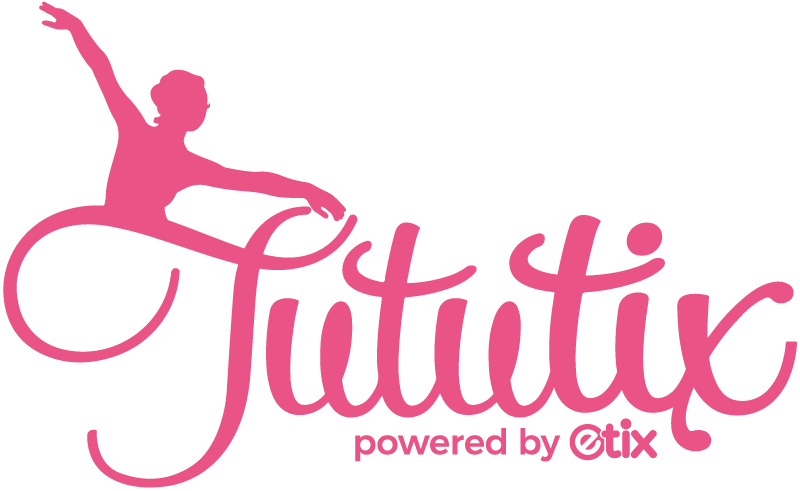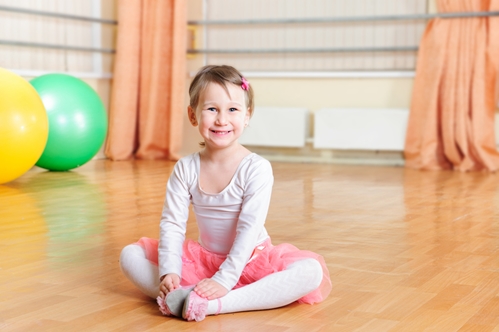While kindergartners won’t be performing “Giselle” anytime soon, you can teach them the basic building blocks of learning choreography that will set them up for success in and outside of the studio. The key is understanding the developmental stage young children are in and adapting your teaching style to work with this level of learning, not against it. Here are a few tips to use when putting together dance choreography for kids.
Keep It Simple
Kids in or entering kindergarten LOVE to move around and have fun in dance class, but you can’t expect them to always remember extended choreography. Five to six-year-olds have a better grasp on movement than toddlers, but they can’t grasp routines as well as grade school-age children.
As a result of participating in a dance class, students in kindergarten through second grade should be able to copy other people’s shapes and patterns, perform basic elements of dance, such as making a round shape or jumping in a certain direction, and describe dance movements in general terms, according to the book, “Teaching Children Dance.”
Third- through fifth-grade children, on the other hand, should be able to understand various choreographic structures, describe others’ movements using simple dance terms and reproduce choreography with multiple sequences.
Simple, brief choreography that only uses basic movements are best suited to the five- and six-years-old age group, and make sure you break down each step into easy-to-digest elements.
Recognize Rhythm
Young children have to learn not only how to do certain movements, but also how to move in time with music. In this article, Chasta (the creator of DanceExec) breaks down some ideas for rhythm activities to help develop good counting.
Prioritize strengthening your students’ sense of rhythm and their ability to match their movements to different speeds. This approach will better set them up for more advanced classes later on.
Build Repetition into Choreography
Young children need structure to thrive in class, and choreographer Jenny Duffy noted that songs and movement are often used in kindergarten classes to signal when it’s time to transition from one activity to another. She recommended that dance instructors use a similar approach when creating choreography for younger students.
She advised using the same movements during the chorus of a song, which makes it easier for children to learn choreography and also helps them develop musicality.
Reward Students
Positive reinforcement makes all the difference when teaching choreography to younger students. Five to six-year-olds will respond better to praise, and criticism on the way students are doing a certain movement should be used sparingly. As Donna Donna Furmanek wrote in her paper, “Classroom Choreography: Enhancing Learning Through Movement:”
“It is important that teachers acknowledge children’s efforts and participation more often than noting whether or not children are doing the movement correctly.”
“Positive reinforcement makes all the difference.”
A reward system is a great way to boost this positive reinforcement. One dance teacher on Dance.net wrote about how she creates a chart for each student and then gives them sticker or other small prize like a plastic gold medal when they learn a new step.
Focus on Fun
“You shouldn’t expect to teach young children technique,” writes Holly Shaw in a post for 365Dances. Kindergarten-age students are high-energy and are still learning how to move their bodies, so making dance class as fun as possible will be more beneficial for young children in the long run.
“Really what you should be focusing on at this point is the sheer joy of moving and learning their bodies,” says Shaw. “Keep the expectations low.”


